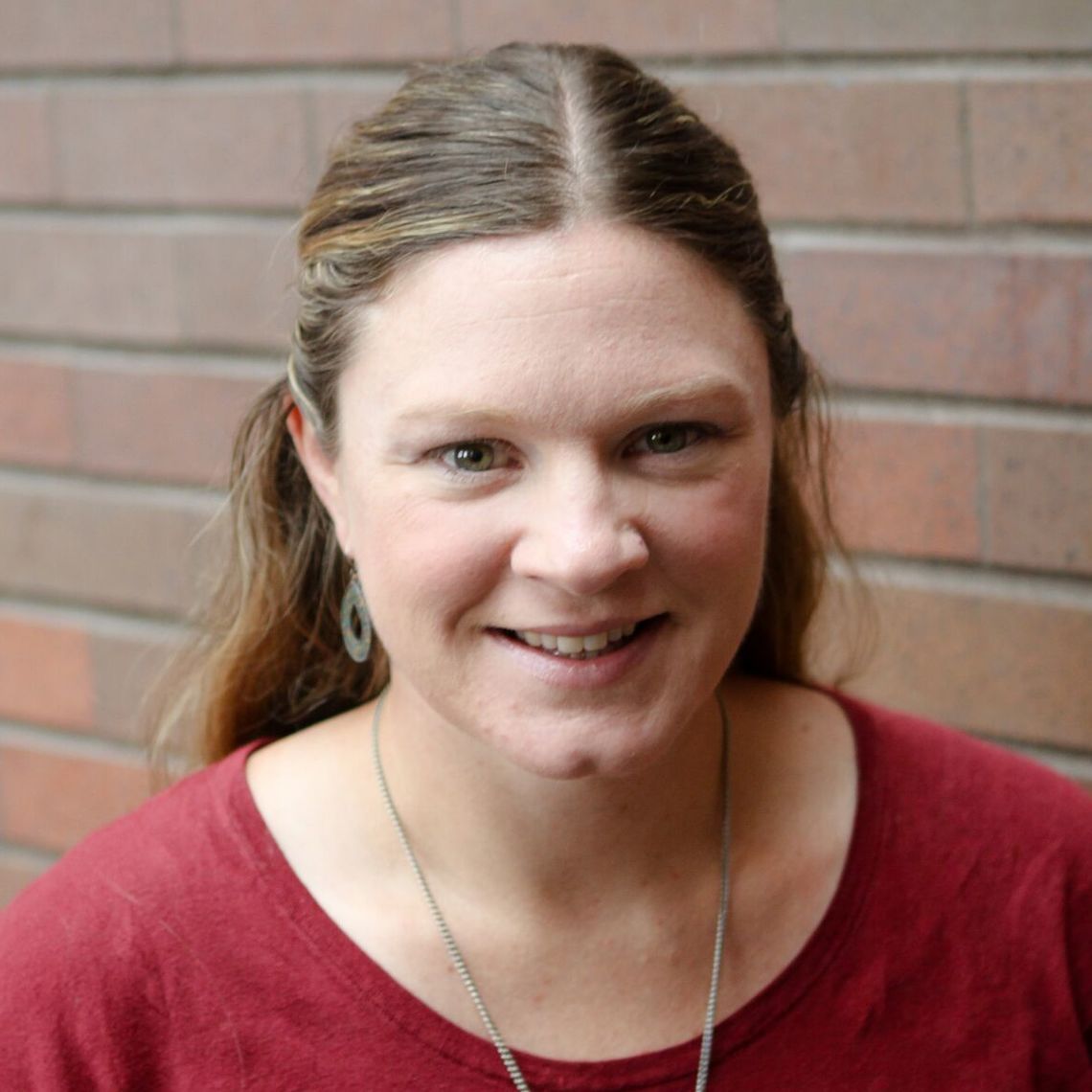Career Launch Pad
Amanda Zullo manages science curriculum and standards for New York State, and she is hard at work developing an implementation plan. Over the 2017-2018 school year, New York will roll out new science standards across all of its districts, from small, rural towns to New York City .
Throughout the process, Zullo says, she’ll have POGIL in the back of her mind.
“POGIL is great for teachers who haven’t yet begun to explore three-dimensional learning,” says Zullo, who is a New York State Master Teacher and winner of the Presidential Award for Excellence in Mathematics and Science Teaching. “It’s a great way to introduce some of the core content ideas in the new standards into a classroom,” she adds.
After she attended her very first POGIL workshop, Zullo applied to participate in POGIL’s High School POGIL Initiative, or HSPI-Project, for high school educators.
“We thought a lot about what a teacher who had attended a workshop really needed to facilitate writing activities,” says Zullo, who helped edit the activities collected by members of the HSPI-Project. “I had a seat at the table that allowed me to contribute to what teachers needed, as support, to do writing.”
HSPI-Project members like Zullo were required to disseminate POGIL activities to other educators, a process Zullo valued. She presented in her own school, then ran workshops at the state and regional level, as well as at national symposiums.
“The key is generating buy-in,” says Zullo of working with teachers who are new to guided-inquiry learning. “The fact that there are different ways you can do POGIL and lots of ways you can set up your classroom makes it easier. It leaves a lot of teacher choice.”
Many of the teachers and administrators Zullo works with at the state level are reluctant to adopt classroom management tools that are either too costly or too strict. But Zullo believes you don’t need to buy a new set of classroom materials to be a more effective teacher — even when it comes to the secondary sciences This makes POGIL an easy sell to administrators who may be worried about their district’s bottom line.
“Adopting inquiry-based learning was a huge mindset shift for what could be done in chemistry classes,” Zullo explains. “Now the research has been very evident that inquiry-based learning is good for student learning,” she adds, which will only make POGIL more compelling for high school educators.
In addition to changing how she taught chemistry, the HSPI-Project helped Zullo meet colleagues who prepared her to step into her new role at the New York State Department of Education.
“They served as mentors and role models when I didn’t have any in my own environment,” says Zullo.
“I also came in contact with people who were National Board-Certified, and I could see how those teachers were able to translate and communicate the impact of guided inquiry on student learning so well,” she continues. “I wanted to be like that."
“POGIL was a great program to help me get my career started.”

Career Launch Pad
“POGIL is great for teachers who haven’t yet begun to explore three-dimensional learning” -Amanda Zullo